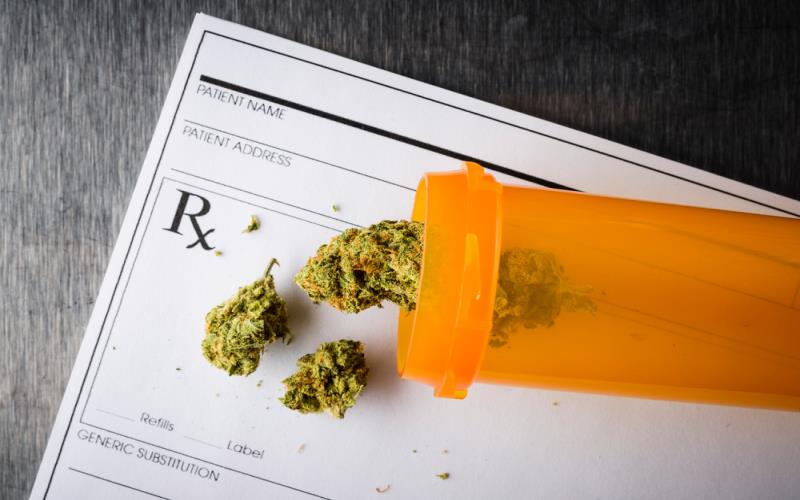Corporate giants like Coca-Cola and Nestlé are prime targets among people who want to pin the problem of plastic waste on corporations. It would be interesting to know just how many anti-plastic people are pro-cannabis. Why? Because legal pot has a plastic problem of its own. Welcome aboard pot producers!
State-legal pot is now available in 38 states and the District of Columbia. In Canada, it is legal nationwide. The world is a better place now that people can use marijuana recreationally and medically. But wait. All that pot production and consumption generates a ton of plastic waste.
More Waste Than Pot
The good folks over at Leafly published a piece in late 2022 discussing, among other things, the fact that the pot industry produces more plastic waste than it does actual weed. In Canada alone, a single gram of marijuana results in 70g of plastic waste. Things are not any better stateside.
So what’s the problem? Some say it is largely a regulation problem. State-legal pot (and pot sold in Canada, too) is subject to strict packaging and labeling requirements. The easiest way to meet those requirements is to use plastic.
Paper bags are not translucent. They cannot be made tamperproof. And more often than not, packaging needs to be made significantly larger than the products it holds to accommodate labels. There’s just no way to do it cheaply – except for using plastic.
Getting Rid of Plastic Isn’t That Easy
It turns out that ridding society of plastic is not as easy as it sounds. The legal marijuana industry is finding it out the hard way. They have come to understand that it’s not just Coca-Cola and Nestlé that rely on cheap plastic packaging to meet consumer demand and still turn a profit. Yet soft drinks and candy bars are not as popular as marijuana, at least in a pop-culture sense. So their makers are easier targets for the anti-plastic crowd.
All of this is so unfortunate because it is completely unnecessary. Blaming plastic manufacturers and the companies that utilize their products for the fact that more than 90% of plastic ends up in landfills is like blaming pot producers because kids get their hands on mom and dad’s stash.
People Are the Ones Who Generate Waste
Manufacturers are not responsible for generating all the plastic waste that ends up in landfills. People are. We are the ones that buy plastic products. We are the ones who insist on cheap retail prices while being equally willing to complain when prices go up. Manufacturers are only giving us what we want.
Not only that, but industrial plastic recycling also proves that the concept itself can be made to work. If companies like Tennessee-based Seraphim Plastics can make a profit purchasing and recycling industrial plastic waste, the same is possible with consumer plastics. But getting consumer plastic recycling to work profitably requires a change in behavior that far too many people are not willing to embrace.
The Same Across the Entire Spectrum
Consumer plastics make easy targets, as do their manufacturers. But the challenges so often associated with recycling consumer plastics are the same ones faced across the entire recycling spectrum. Take a look at that spectrum and you’ll see something interesting: waste can be eliminated if people are willing to do what it takes.

